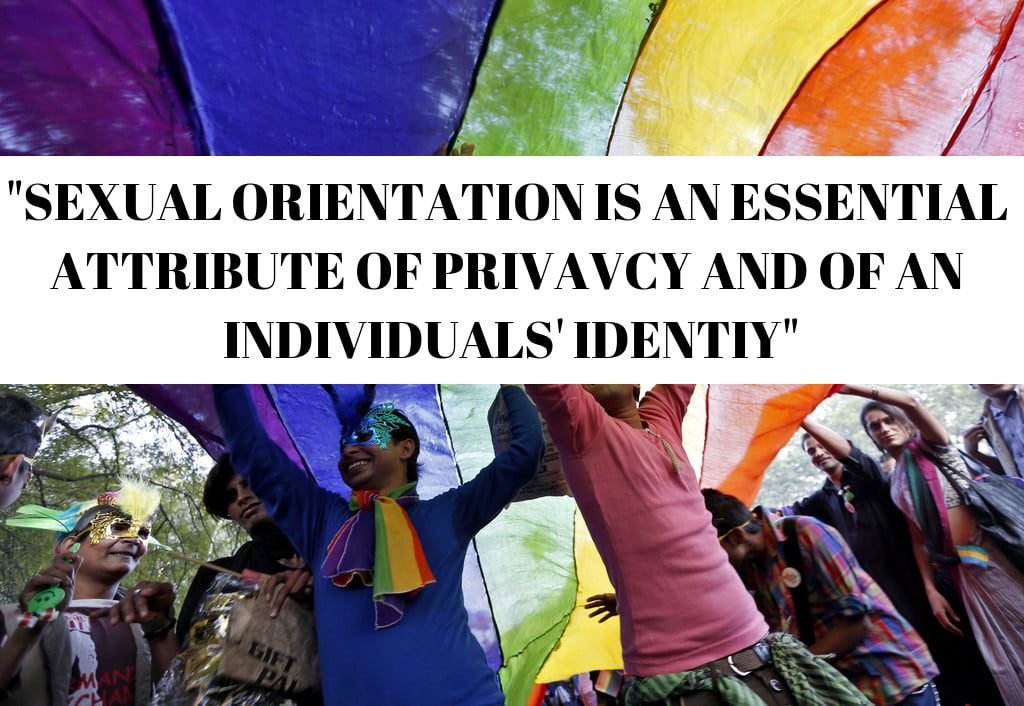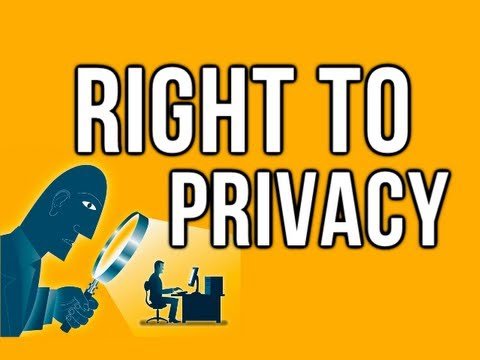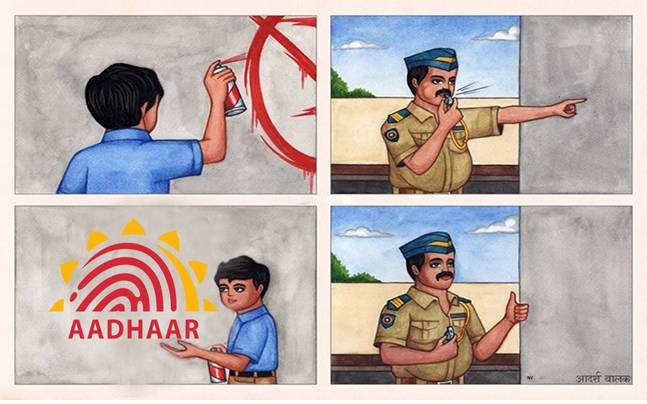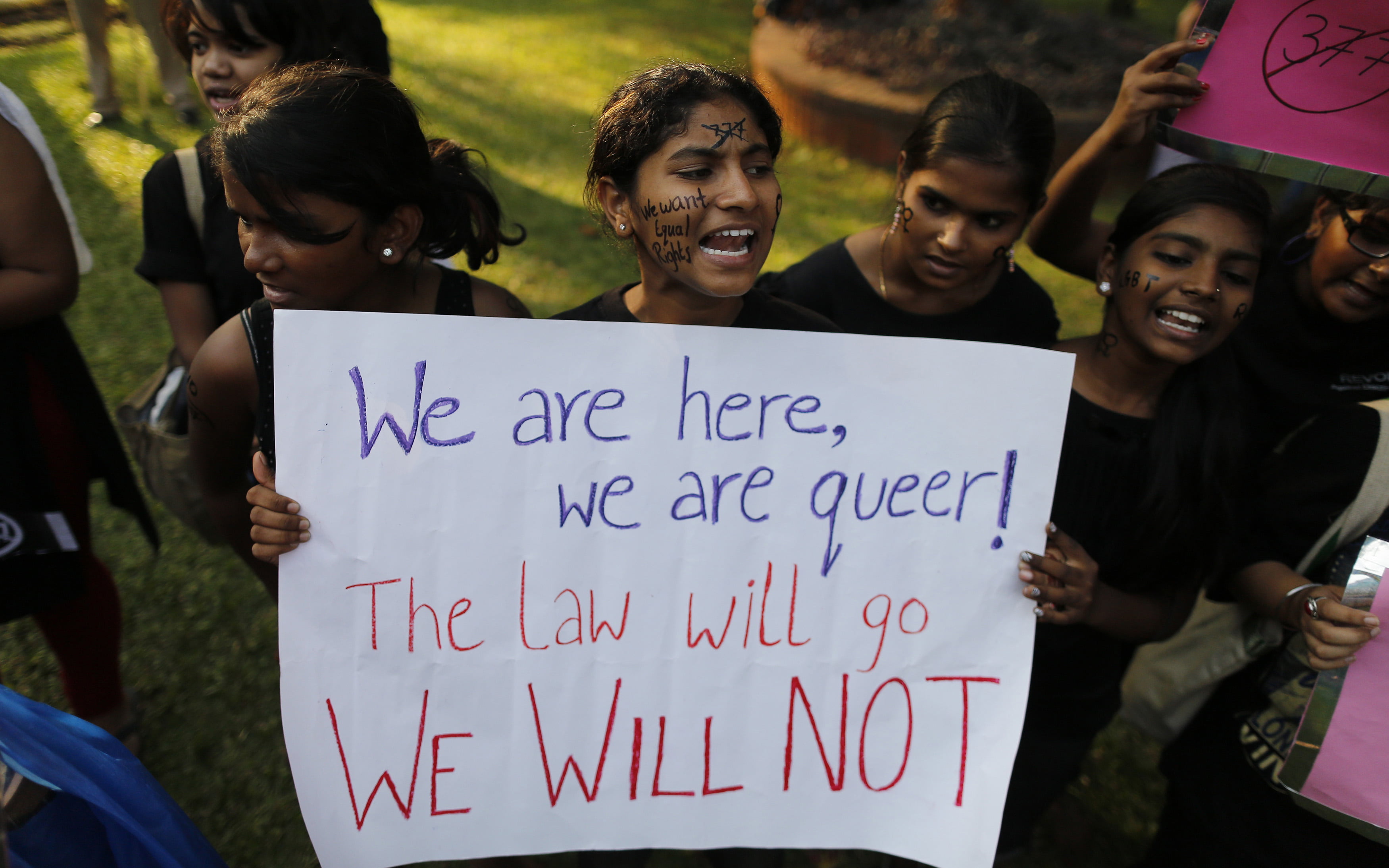Demystifier: ED Original where the content is written in such a way that it is knowledgeable and easy to comprehend at the same time.
There are two things you will need to know before we delve into this discussion.
Firstly, that the Supreme Court on 24th August (Thursday) declared that “right to privacy” is a fundamental right and secondly, back in 2013, the Supreme Court in the Naz Foundation Case upheld the validity of S. 377 of the Indian Penal Code which criminalises consensual sexual acts “against the order of nature” between adults in private, in other words, the Supreme Court via its decision ruled against homosexuality in India.
Now let’s talk about the latest decision first.
RIGHT TO PRIVACY: A FUNDAMENTAL RIGHT
I’d earlier given a complete account of this case; including an informal timeline of events and facts. You can read it right here to gain an idea of this issue.
Now, why is right to privacy so important?
Because, essentially, it helps keep a check on the Government.
When the State, on the grounds of “welfare” asks us to divulge personal information, it is not merely a suggestion. It is an order.
I’d like to think our Government is worthy enough to gain our trust; trust that they won’t misuse the information and that they won’t further reveal such data to other non-state parties. But unfortunately, the Aadhaar scheme adamantly ignores both of those essentials and gives non-state parties access to these records.
Personal data, in the wrong hands, can wreak havoc, and non-state parties who are not accountable to the public at large, are capable of doing just that.
But now, that a fundamental right to privacy has been conferred to us, the State cannot come up with arbitrary schemes to collect personal data of its millions of citizens, thereby jeopardizing our privacy and our lives.
But wait! Don’t look at your Aadhaar card as just a worthless piece of paper, just yet.
The judgement does not invalidate the Aadhaar scheme in any way.
The judgement only states that the State can no longer claim that no such right to privacy exists and that it cannot rely on that statement as a defence, anymore. In other words, they will have to come up with craftier arguments if they want to establish a system that coerces the citizens to divulge personal information.
ALSO READ: Basic Rights Of HIV Positive People In India
RIGHT TO PRIVACY AND SECTION 377
The 9 judge bench evaluated and analysed the definitions of privacy to properly understand the extent to which it can be implemented. They relied on various definitions proposed by eminent philosophers and jurists and came to the conclusion that, privacy is a constitutional core of human dignity and includes, the preservation of personal intimacies, the sanctity of family life, marriage, procreation, and sexual orientation.
Though this doesn’t explicitly decriminalise S.377, it is, nevertheless, a HUGE step forward for the LGBTQ community in India!
And I’m here to tell you how it does that.
The 2013 Naz Foundation judgement that stated “…a miniscule fraction of the country’s population constitutes lesbians, gays, bisexuals or transgenders” and considered this lack of an exuberant majority as sufficient grounds to deny rights to an entire community, was overruled by the latest judgement of the Supreme Court.
The judges further clarified that the guarantee of constitutional rights to an individual does not depend on what is “favourably regarded by the majoritarian opinion”, in other words, fundamental rights are conferred to all citizens, irrespective of what the majority of the population feels.
The bench also proclaimed sexual orientation to be an essential attribute of privacy.
The judgement states that,
“Sexual orientation is an essential component of identity…Discrimination against an individual on the basis of sexual orientation is deeply offensive to the dignity and self-worth of the individual. Equality demands that the sexual orientation of each individual in society must be protected on an even platform.”
According to Justice A P Shah, who as Chief Justice of Delhi High Court had delivered the July 2009 judgment decriminalising homosexuality (which was later overruled by the Apex Court),
“There is very little scope now for those wanting to support Section 377. The only argument that can be advanced by them is that of reasonable restriction [on the fundamental rights]. But invading the bedroom can’t be considered reasonable restriction.”
Never have I ever felt prouder to be a law student studying in India. Despite the issue being highly controversial, we didn’t detect even a sliver of hesitation from the judges. They didn’t cower down from a fight. They didn’t give a diplomatic vague answer to pacify the easily offended classes of our society.
They propounded a fantastic decision on a contentious issue and they did a bloody good job! This might just only be the beginning to a brighter and a happier India! Congratulations fellow citizens!
Image Credits: Google Images
Other Recommendations:
http://edtimes.in/2017/07/aadhaar-card-right-privacy-govt-violating-rights/





































